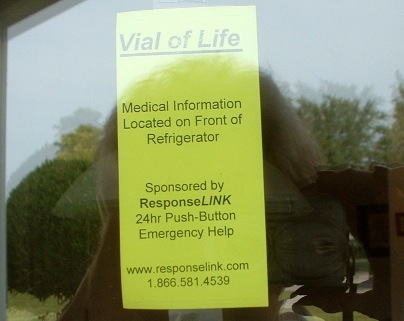
Third in a Series Detailing Our 100 Most Beneficial and Indispensable Lessons
by Kim Keller
Karen and I learned lots of important lessons while helping our parents during their respective illnesses, and we’ve been on a mission to lend a hand to other families ever since. So many people shared their experiences with us during those difficult days, back before our dad died in July 2006 and up through the time of our mom’s stroke in 2009, that we’ve stored up a lot of information and a lot of gratitude. Whether it was practical advice or sharing a great resource or just offering simple words of encouragement, those stories helped us find our way through the despair and the chaos, and we hope to return the kindness.
In that spirit, here are ten more of the most important lessons we’ve learned:
1. Create a Durable Power of Attorney — This allows you or another trusted person to handle your loved one’s personal business affairs, from banking to investments to real estate, etc. A “durable” power-of-attorney is preferable to a standard power of attorney because it’s set up specifically to deal with the possibility of your loved one’s becoming disabled or incapacitated.
2. Maintain a Regular Schedule — This is a critical need for anyone who is disoriented or suffering from memory loss. We had to set up a routine for both our parents. Routines are calming and less strenuous, because a familiar schedule doesn’t require, and hence deplete, as much brainpower. Our mom actually lost her ability to tell time after her stroke, so her daily routine — wake up at 8, shower, get dressed, breakfast at 9, etc. — helped her regain her footing with time.
Continue Reading












